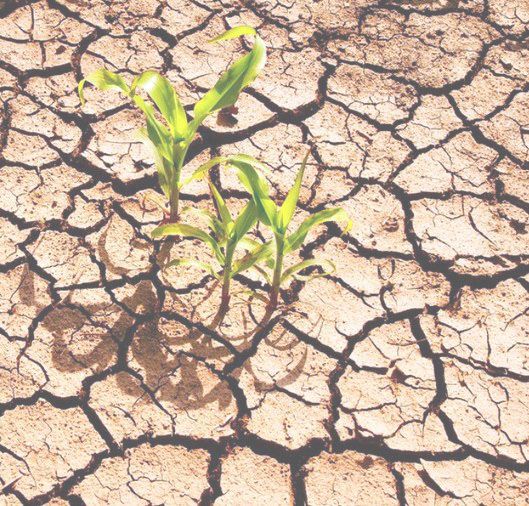Why choose Us
Scientific selection of technologies for drylands combined with a missionary zeal in extending these technologies to farmers and the communities living in drylands is the way to go.
Read MoreVALUE PROPOSITION
For those who foresee a career in dryland agriculture, the avenue for future global food security. Possibility of being enrolled for higher learning in Israel. A Certificate that would add value to Entrepreneurship.
Read MoreWhat you get
ABIDAT Expects to Provide Qualified Candidates with World Class Exposure to Problem Solving Approaches in an Interactive Environment, so as to Promote Experiential Learning for Skill Development.
Read More"Top students from across the country and overseas who will be trained in hi-tech ways to make agriculture sustainable and profitable even when water is deficit both in quantity and quality."
Our Program
Duration: 2 Semesters
New Batch: Starting from June/July 2022
PGCDS (Post Graduate Certificate in Dryland Studies) Program
- Dryland Functioning and Human Interventions
- Water & the Environment: Current challenges and solutions
- Carbon Metabolism and Photosynthesis in a Changing Environment
- Theory and Applications of Geographic Information Systems and Science (GIS)
- Introduction to Aquaculture
- Physiology and metabolism of fruits
- Biofilms: from a single cell to bacterial consortiums
- Cytogenetics and Plant Reproduction
- Dryland AgroEcology
- Hydrometeorology
- Introduction to surface hydrology and pollution
- Runoff Agroforestry in Drylands
ABIDAT: Aban-BGU Institute for Dryland Agriculture Technology
ABIDAT is a collaborative venture between the Aban Group of India and Ben Gurion University of the Negev, Israel. This Institute attempts to bring to India the proven technologies and techniques of Israel so that farmers in India may benefit from learning ways to grow crops with less water than normal. It is a known fact that water will be very scarce in the foreseeable future because the demand for the elixir of life far outstrips the supply in most parts of the world. Human enterprise extracts nearly a trillion cubic meters of groundwater annually around the world, with 70% of it flowing to agricultural uses. India ranks first among countries in the use of groundwater, and extraction has spiked from 25 billion cubic meters in 1960 to 250 billion cubic meters in 2015.
Read More
ABIDAT - In India
One hundred and twenty eight (128) districts in India have been recognized as dryland farming areas. Of these, 91 districts are in the states of Madhya Pradesh, Chhattisgarh, Uttar Pradesh and Tamil Nadu, representing typical dry farming tracts. Other districts belong to areas in Central Rajasthan, Saurashtra region of Gujarat and the rain shadow region of the Western Ghats.
India has about 108 million hectares of rainfed area which constitutes nearly 75% of the total 143 million hectares of arable land. In such areas crop production becomes relatively difficult as farmers here are mainly dependent upon intensity and frequency of rainfall. Farming or crop production in such areas is called rainfed farming as there are little or no possibility to irrigate crops, even protective or life saving irrigation is rarely possible.
Read MoreMessages From Management
From Correspondent ABIDAT
Click on the link to read the PDF document
Open PDFFrom Director ABIDAT
Click on the link to read the PDF document
Open PDF